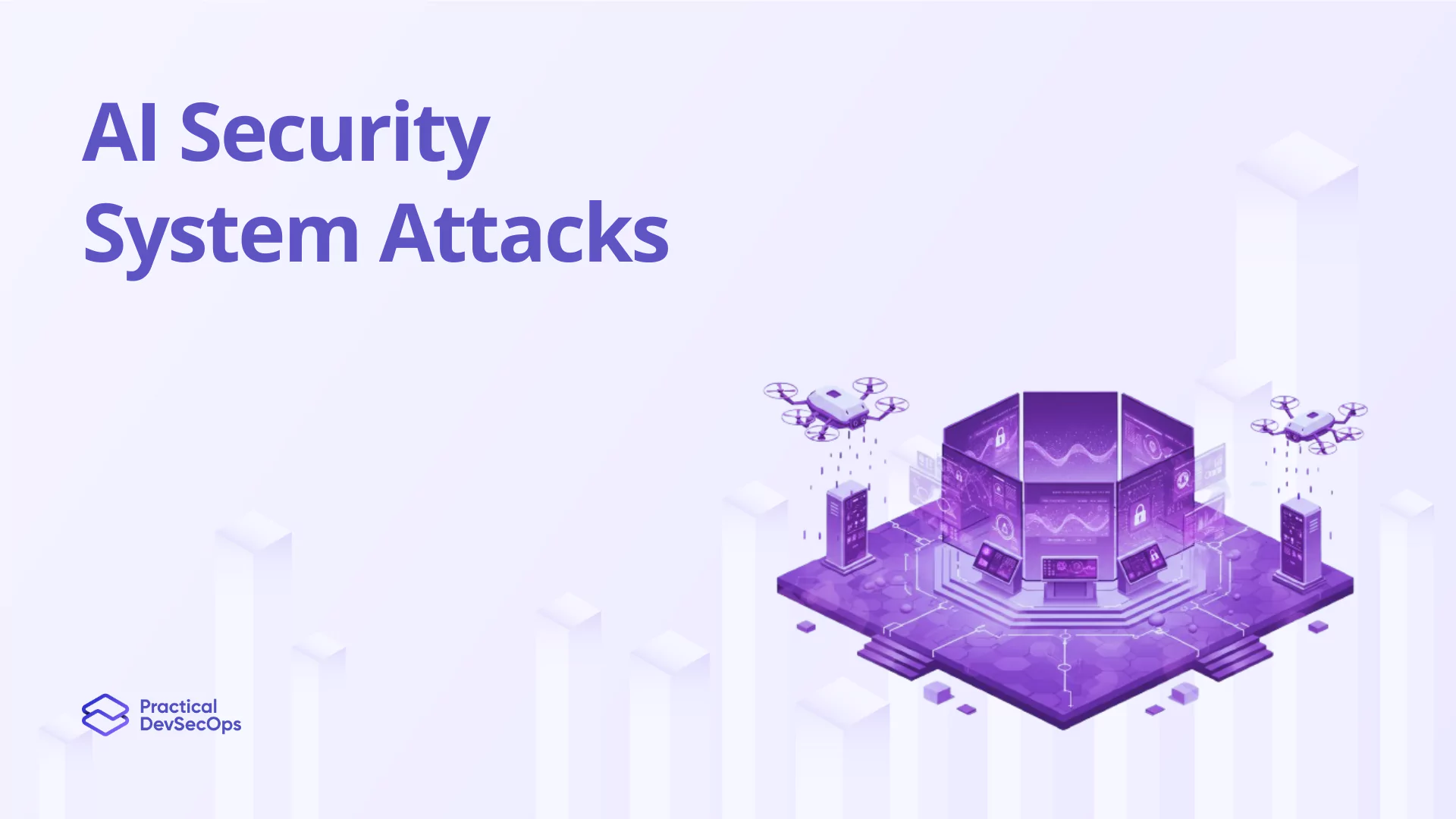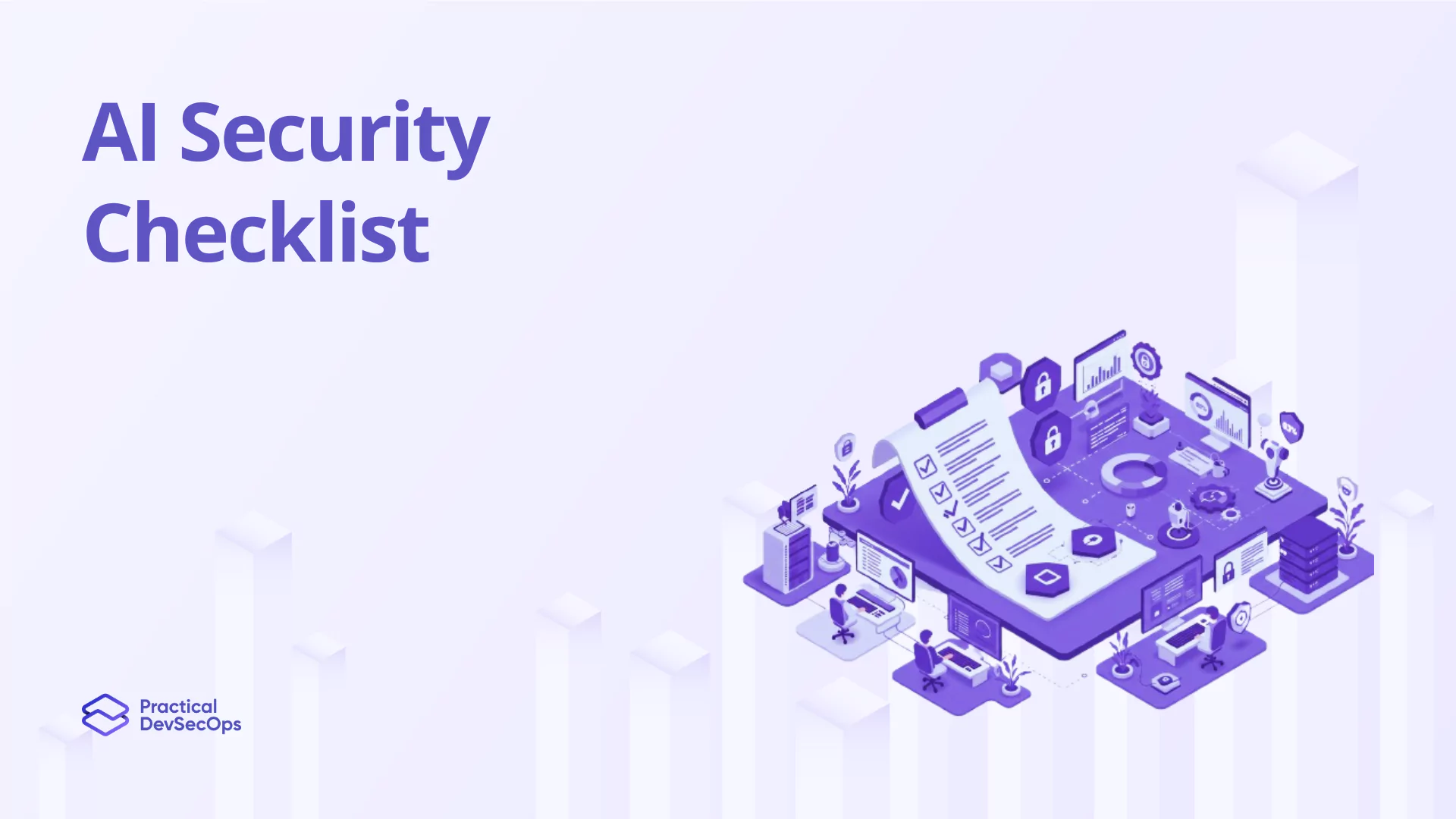The issue of software supply-chain security has become grave in an interconnected world like ours today. When companies depend more and more on third-party software components, the risk for them to be attacked is escalated. In this blog, let’s discuss common issues with software supply-chain security and effective countermeasures to protect your organization.
Also read about Evaluating and Mitigating Software Supply Chain Security Risks.
What are the most common software supply-chain security issues?
- Potential Third-Party Component Vulnerabilities: Most of the software projects are built around third-party libraries and frameworks, some of which may have vulnerabilities identified or unidentified. Information breaches or system compromises may occur due to such vulnerabilities being exploited.
- Insertion of Malicious Code: Attackers can inject malicious code into software components during development, at distribution, or even while updating. This can lead to unauthorized access, data exfiltration, or service disruption.
- Insufficient Vendor Security Practices: All vendors do not have very tight security practices. This could expose your supply chain to a whole host of vulnerabilities if third-party suppliers have ineffective security measures.
Also read about the Software Supply Chain Security Strategies
- Lack of Transparency: When an organization has little visibility into where third-party components originate and the level of security measures around this, it becomes hard to evaluate and manage risks.
- Outdated Components: A software component that is not up-to-date and modern will always increase exploitation risks when known vulnerabilities already have patches in new versions.
- Inadequate Monitoring: Software supply chains are a potentially enormous gateway to security breaches and vulnerabilities if security incidents are not effectively monitored. Without effective monitoring, the damage potential from attacks will increase due to late detection.
Also read about the Role of Software Bill of Materials (SBOM) in Supply Chain Security
Effective Countermeasures for Software Supply-Chain Security
Conduct Comprehensive Security Assessments: Assess third-party components and vendors proactively and routinely for their security. Perform vulnerability scanning, code reviews, and security audits so that potential risk can be identified and counteracted.
Implement SCA Tools: Automate third-party component scanning using SCA tools to find known vulnerabilities. This will help in maintaining current software dependency inventories and their security statuses.
Enforce Code Signing and Verification: Digital signatures on all the software components enforce authenticity and integrity. Code signing ensures that software is not tampered with and comes from a trusted source.
Also read about the Building a Resilient Software Supply Chain Security
Adopt a Zero-Trust Stance: Employ the security model that assumes all internal and external components are possible hazards to the network or organization. This should include strict access controls, constant monitoring, and verification of any component.
Regular Updates and Patch Management: Have a strong procedure in place for patch management where software components are updated regularly. Security patches, when deployed in a timely manner, leave no scope for exploitation through known vulnerabilities.
Also read about the Best Software Supply Chain Security Tools
- Improve Vendor Security Practices: Collaborate with vendors to enhance good security practices, in alignment with periodic security assessments and compliance enforcement with industrial standards and regulations.
- Greater Transparency through SBOMs: Implement software bill of materials (SBOMs) that outline the inventory of all software components and where they come from. The transparency facilitates the identification and management of security risks more effectively.
- Integrate Security into CI/CD Pipelines: Secure CI/CD pipelines by implementing security checks at every stage of the process. Automated security testing tools should support both static and dynamic analysis to catch vulnerabilities early in the development process.
- Continuous Monitoring: Implementing continuous monitoring mechanisms for incident response will be in real time for the detection and mitigation of security cases.
- Conduct Regular Security Training: Conduct periodic security training for the development and security teams on a continuous basis. Make sure to update them with new threats and secure coding and mitigation techniques in order to keep the security posture at an optimum level.
You can also Download our Free PDF Safeguarding Software Supply Chains in the Digital Era
Conclusion
Addressing software supply-chain security issues requires a proactive and comprehensive approach. By implementing the countermeasures outlined above, organizations can significantly reduce their risk exposure and protect their software supply chains. For a deeper understanding and practical skills in securing software supply chains, consider enrolling in the Certified Software Supply Chain Security Expert (CSSE) course offered by Practical DevSecOps. Gain the expertise needed to lead in this critical area and enhance your career. Join us today!
Also read about our Top 25 Software Supply Chain Security Interview Questions and Answers







0 Comments